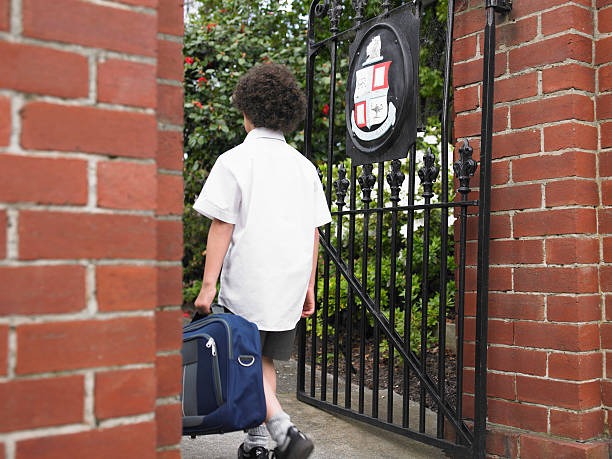The question of whether to send your child to boarding school is one that many parents face with a mix of curiosity, hope, and concern. Boarding school can offer a wealth of opportunities—academically, socially, and personally—but it’s not the right choice for every family or every child. In this post, an Irish boarding school explores the pros and cons, the key considerations, and how to decide if boarding school is the best fit for your child and family.
Benefits of Boarding School
1. High-Quality Education
Many boarding schools are known for their rigorous academic standards, experienced teaching staff, and excellent facilities. Smaller class sizes and tailored learning support often lead to strong academic results and a culture of high achievement.
2. Structure and Independence
Boarding school life is highly structured, teaching students discipline, time management, and responsibility. Children learn to manage their own routines, homework, and social life—skills that prepare them well for university and adulthood.
3. Broad Range of Opportunities
From drama and debating to sports, music, and outdoor adventures, boarding schools often offer a wide variety of extracurricular activities. With extended school days and weekends full of enrichment, students have the chance to discover new talents and passions.
4. Close-Knit Community
Living together fosters deep friendships and a sense of belonging. Boarders often develop strong bonds with both peers and house staff, creating a supportive “home away from home” environment.
5. Global Perspective
Many boarding schools attract international students, creating a diverse, multicultural community. Exposure to different cultures and backgrounds can be enriching and broaden a child’s worldview.
Potential Challenges
1. Emotional Impact of Separation
Being away from home can be tough—especially for younger children or those with strong family bonds. Homesickness is common, particularly in the early weeks, and some children may struggle with the emotional adjustment.
2. Cost
Boarding school fees can be significant, often covering tuition, accommodation, meals, and activities. While scholarships and bursaries may be available, it’s a major financial commitment that needs careful planning.
3. Less Family Time
Children who board full-time may see their family only during holidays or designated weekends. While some families find this strengthens their bond during time together, others may find the limited contact difficult.
4. Not Right for Every Child
Some children thrive in a boarding environment; others may feel overwhelmed or isolated. A child’s personality, emotional maturity, and preferences should be key factors in the decision-making process.
Questions to Ask Before Deciding
- Is my child emotionally ready for boarding life?
- Does the school align with our values and expectations?
- What kind of pastoral support is available?
- How often will my child be able to come home or communicate with family?
- Is the school academically and socially suited to my child’s strengths and interests?
- Can we afford the fees comfortably, and are there financial aid options?
Alternatives to Full-Time Boarding
If you’re unsure about full-time boarding, many schools offer flexible options:
- Weekly Boarding: Students stay during the week and return home at weekends.
- Flexi Boarding: Occasional overnight stays for convenience or gradual adjustment.
- Day School with Extended Hours: Combines the benefits of structured activities with home life.
There’s no one-size-fits-all answer to the question of boarding school. It can be a transformative and enriching experience for many children—but the decision must be based on your child’s needs, personality, and your family circumstances.
Take time to visit schools, speak with staff and current students, and involve your child in the process. A well-informed, collaborative decision will help ensure that, whatever you choose, it feels right for everyone involved.



